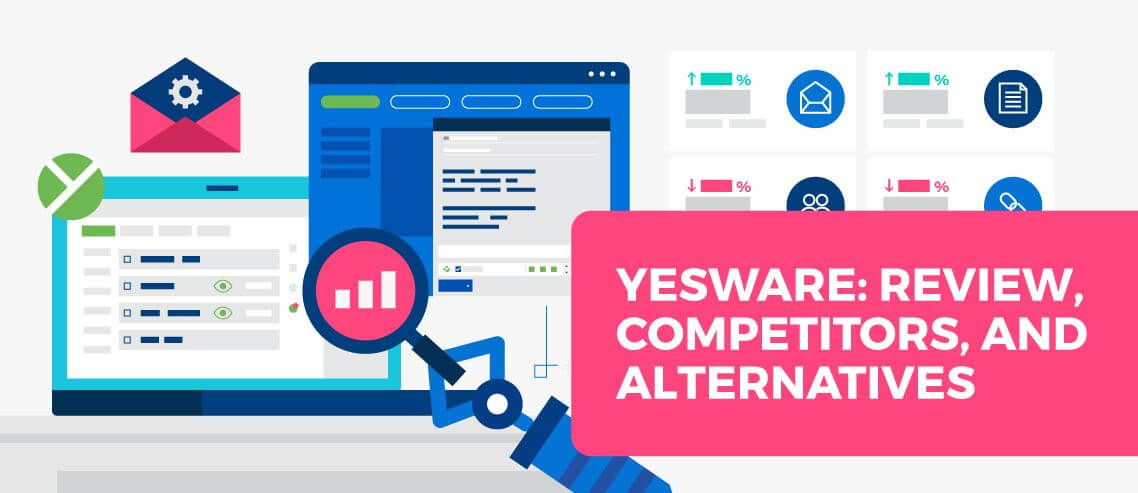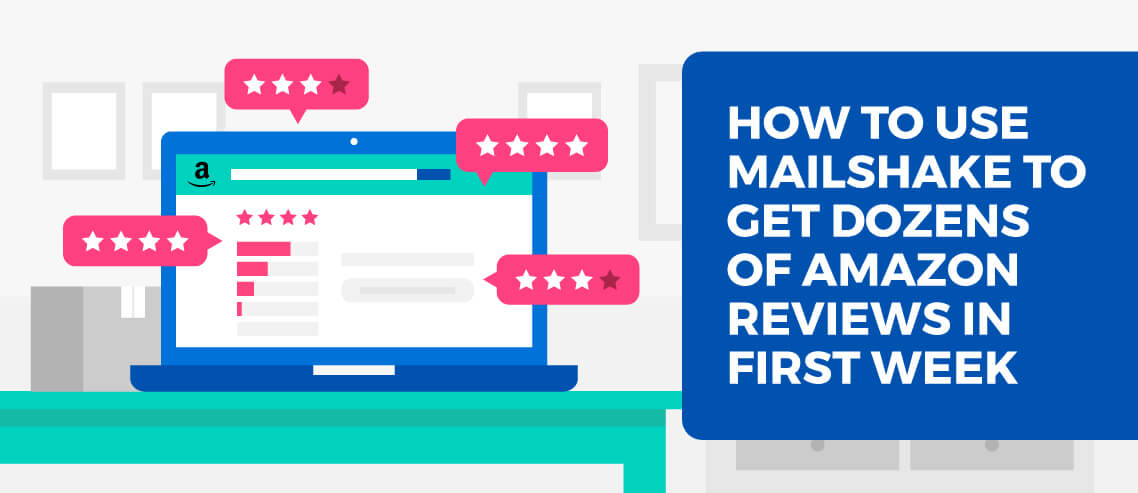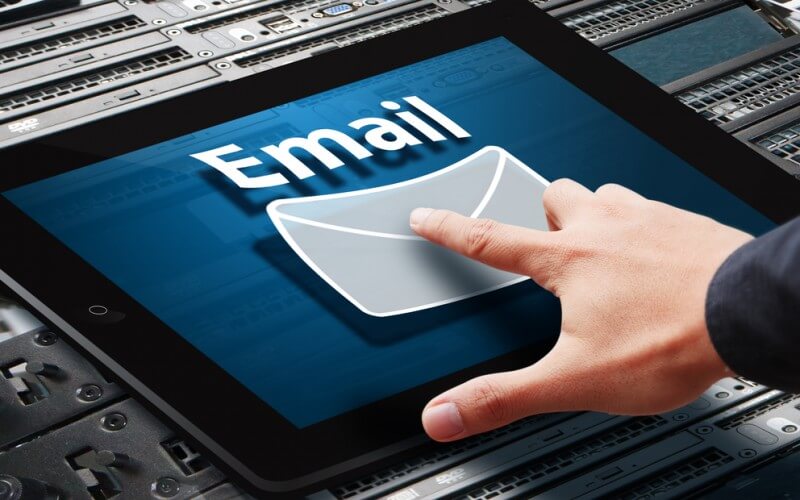How to Turn Your Customers Into Your Salespeople
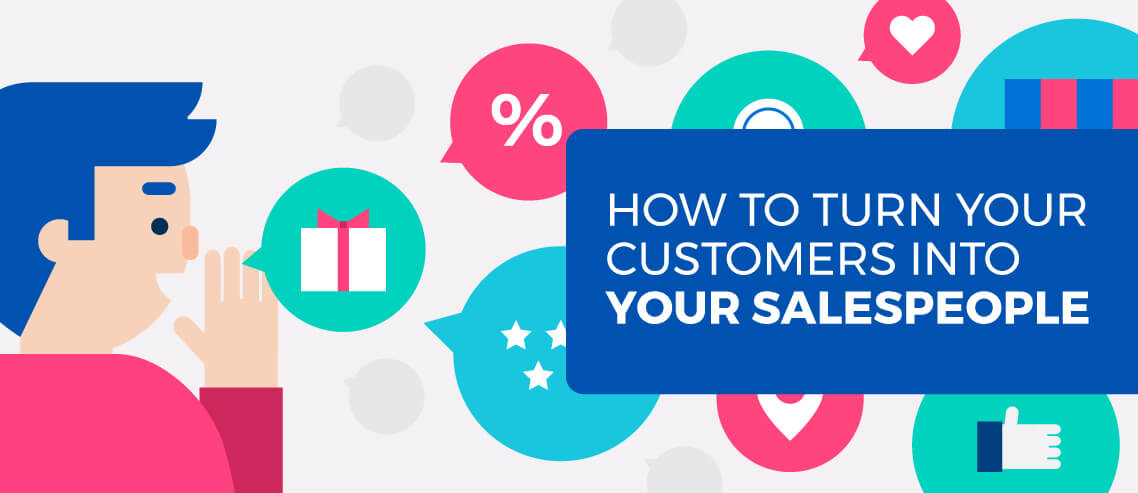
Contents
It’s no secret that your customers are a goldmine for potential sales. They might not be extremely popular – but they can talk about products and services because they’re experienced users.
Now, how do you get customers to become your salespeople? How do you get them to actively promote your brand? In this article, we’ll discuss the different types of marketing that can incentivize them to share your products with their network.
1. How to Ask Your Customers For Referrals
If you haven’t leveraged your customer’s network, then it’s time to start now.
Referrals are one of the most powerful customer acquisition channels that can lead to a drastic amount of conversions. In fact, ReferralCandy found that 92% of consumers trust recommendations from their peers. In addition, 23% of consumers are likely to tell their friends and family about a product while 83% are willing to give product recommendations.
This isn’t a big surprise. After all, I bet your company makes some acquisitions based on positive feedback from your network – and you do this often. When was the last time you asked for any kind of recommendation from your sales partners? I bet it wasn’t that long ago.
This is where referral marketing enters the process. Salespeople make use of referral programs to automate the referral process, so consumers will tell their network about their products.
Blackbaud, a cloud software company, has a very straightforward referral program. When a customer refers them to another organization, they can earn rewards as a part of the Blackbaud Program. If the referral becomes a Blackbaud customer, they get a $100 prepaid gift card. It’s nothing fancy, an introduction from a friend can go a long way in helping your salespeople make more sales.
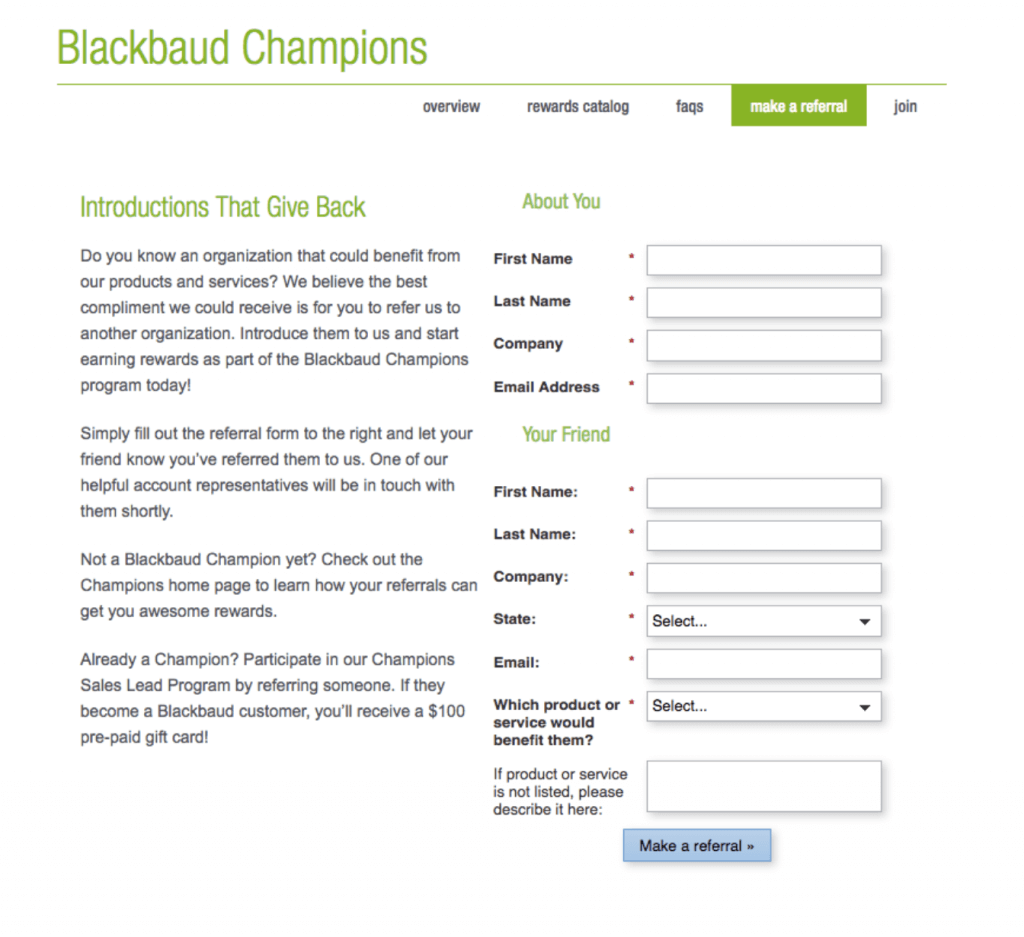
2) How to Setup the Right Referral Reward Structure
How do you figure out what rewards to give – discounts, cash or more? It depends.
If your customers will likely make repeat purchases, give discounts or a free month of subscription. This helps entice customers to try out the brand or encourage them to make a repeat purchase. For example, Google Apps lets referrers earn $15 for every successful referral.
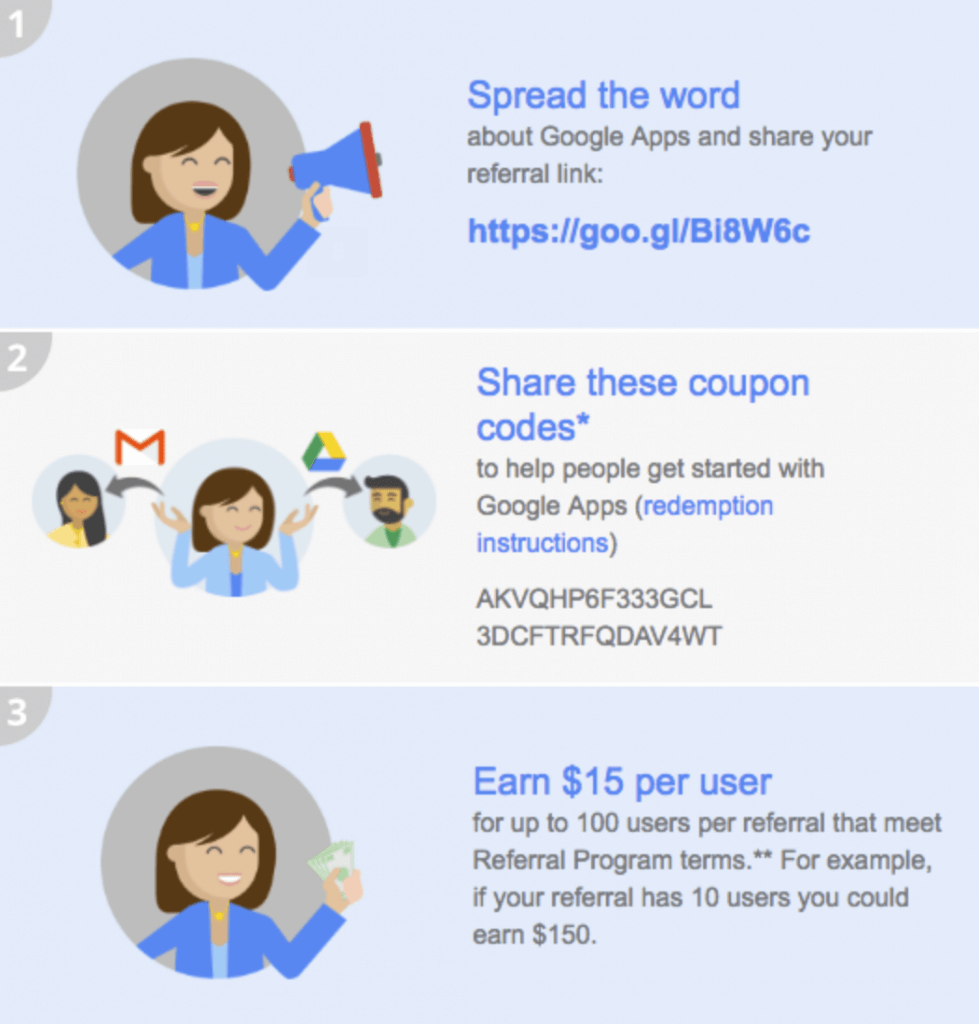
If a product is something that your customers will only buy once in a very long time (i.e. car, software), then opt for cash rewards.
Advantage Ford, a Ford dealership, pays customers in cash for a qualified referral that leads to a sale or lease. It’s pretty simple, but it can help your salespeople find customers with a high intent to purchase.
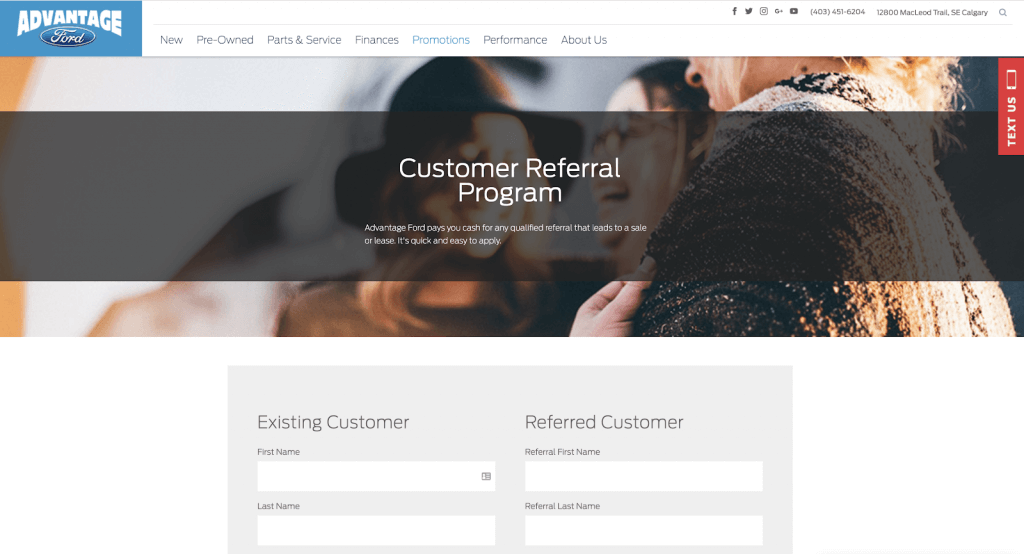
Custom referral rewards are perks that only the retail or merchant can offer. It lets you create a unique branded experience and stand out from the many referral programs out there.
3) Include Your Customers Into Your Sales Materials
Your customers are already advocates or influencers who love your brand. They don’t have to be big businesses or big names. Instead, they must be able to discuss how your products and services impact them through case studies, testimonials and other types of marketing materials.
In fact, a study found that 71% of B2B buyers in the awareness stage and 77% in the evaluation stage cited case studies and testimonials as the most influential types of content. In addition, 97% of B2B buyers feel that user-generated content like consumer reviews are more credible than other types of content.
Sprout Social – a social media management software – has one of the best case studies. Their landing page features various companies with a link to an article – which discuss how their businesses have benefited from Sprout Social’s products.
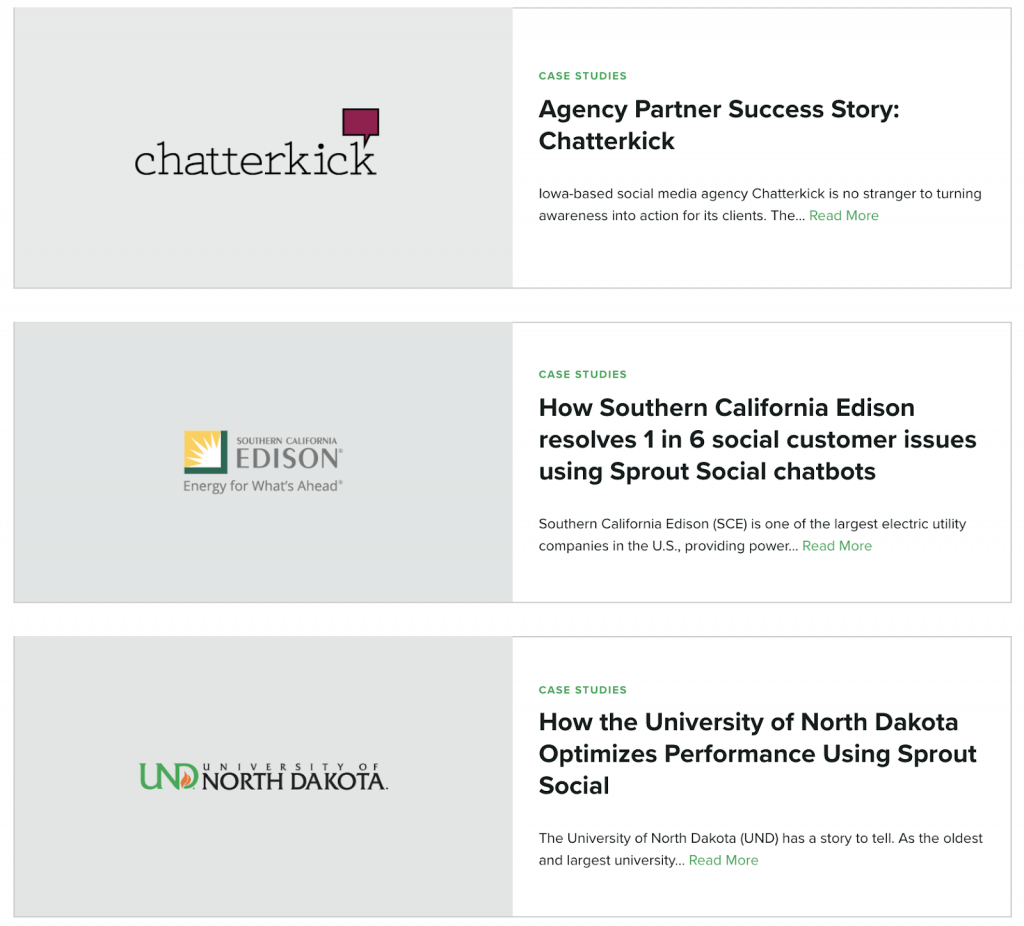
4) Joint business development efforts
Marketing your business doesn’t have to be a lonely endeavour. You can create strategic partnerships with companies and startups to create campaigns, share resources, and expand your network. After all, sharing your resources is a lot more easier than starting from scratch.
Of course, searching for the right partners requires some networking and business development, but you can’t just partner with anyone. Here are some criteria for choosing your sales partners:
- They have a good amount of customers or connections (email list, followers)
- They complement your product or service – and don’t directly compete with you
- They’re a business that’s not too big – and have about the same size as you.
One example of a joint business development effort is sharing each other’s email list. Pocket, an app that lets users save articles, promotes their partner Hired, a job search site in a one-time email. Hired was able to expand their network through Pocket’s customers, while Pocket incentivizes users to use their app in a real-life scenario such as a job search.
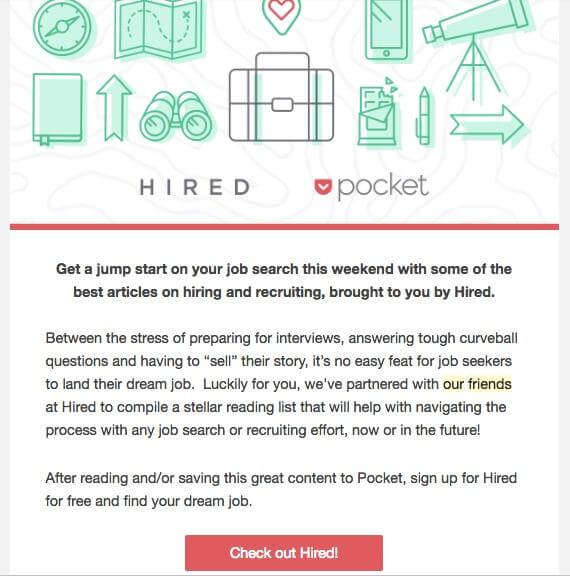
Strategic partnerships can take the form of new startups vs. companies, B2B vs. B2C and more. The point is to be creative enough to create campaigns that are mutually beneficial to all the parties involved.


